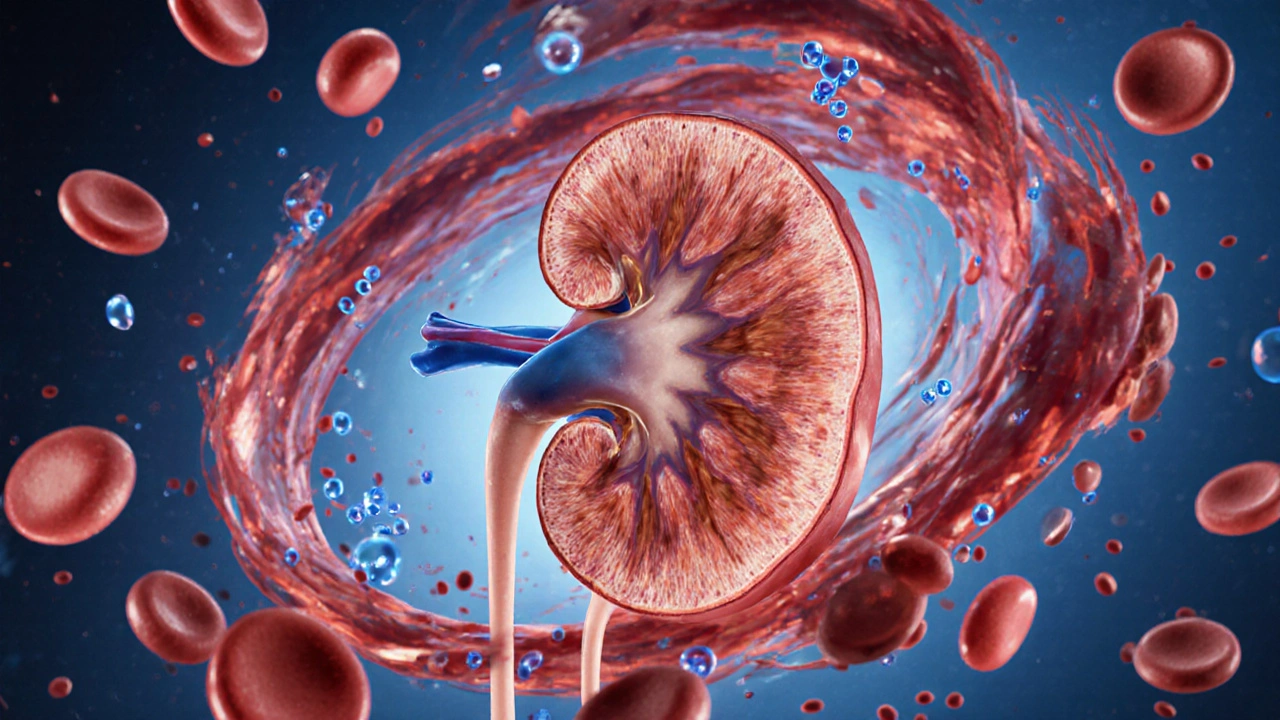Anemia: Causes, Types, and Treatment Guide
When dealing with Anemia, a condition marked by a shortage of healthy red blood cells or hemoglobin. Also known as low blood count, it can stem from several nutrient gaps. One of the most common forms is Iron Deficiency Anemia, caused by insufficient iron to produce hemoglobin, which often shows up as fatigue and pale skin. Vitamin B12 Deficiency, a lack of B12 that hampers red blood cell maturation leads to larger, fragile cells and neurological signs. Another key player is Folic Acid Deficiency, insufficient folate that disrupts DNA synthesis in blood cell precursors. Together, these entities illustrate how anemia encompasses reduced hemoglobin (hemoglobin) and requires adequate nutrients for red blood cell production. Moreover, Vitamin B12 influences red blood cell maturation, while iron supplementation can correct iron‑deficiency anemia. Understanding these links helps you see why treating anemia often means targeting the underlying deficiency.
Diagnosing and Managing Anemia
Clinicians start with a complete blood count to spot low hemoglobin and small red blood cells. If iron deficiency is suspected, ferritin and transferrin saturation guide iron therapy. For B12 or folate issues, serum levels and methylmalonic acid help pinpoint the gap. Treatment routes differ: oral iron tablets, B12 injections, or folic acid pills each address a specific root cause. Some patients need dietary changes—lean meats, leafy greens, or fortified cereals—to boost intake naturally. In severe cases, blood transfusions or erythropoiesis‑stimulating agents become necessary, especially when chronic kidney disease or chemotherapy suppresses marrow function. Monitoring response through repeat labs ensures the chosen approach restores healthy red blood cell counts without causing excess iron overload.
Whether you’re looking for quick facts or in‑depth guidance, this page lays out the core concepts behind Anemia and its most common forms. Below you’ll find articles that compare medications, explore supplement options, and explain how specific diseases interact with anemia. Dive in to get practical tips, drug comparisons, and safety advice that can help you manage this condition effectively.

Anemia and Kidney Health: How Nutritional Deficiencies Affect Renal Function
Learn how iron, B12, and folate deficiencies trigger anemia, worsen kidney function, and what diet and supplements can help protect renal health.
Read More